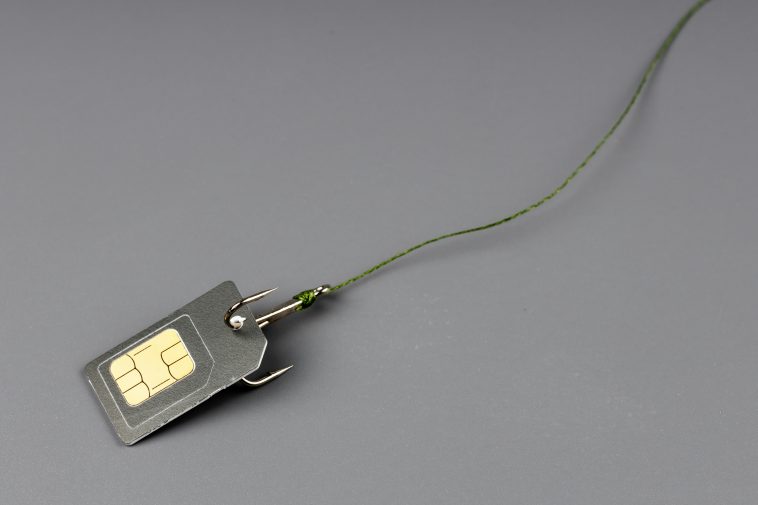MTN South Africa is pioneering an innovative approach to technological waste management by introducing biodegradable SIM cards. The telecommunications giant addresses a critical environmental challenge posed by traditional plastic SIM cards that typically accumulate in landfills.
Annually, approximately 180 million SIM cards are produced in South Africa, creating substantial electronic waste. Many of these cards have extremely short lifecycles, often discarded after brief usage to capitalize on promotional offers or network-specific deals.
The new SIM cards represent a significant environmental breakthrough. Certified by the Forest Stewardship Council (FSC), these cards are produced using raw materials from responsibly managed forests. Unlike conventional plastic SIM cards that persist in environmental systems for extended periods, these innovative cards decompose within three to six months when disposed of in landfills, soil, or marine environments.
MTN emphasizes that the biodegradable alternative maintains identical network performance, ensuring customers experience no compromise in connectivity, speed, or security. Wanda Matandela, MTN South Africa’s Chief Commercial Operations Officer, confirmed the company will begin distributing these eco-friendly cards through stores and partner networks.
The telecommunications landscape in South Africa reveals complex consumption patterns. Consumers frequently switch between mobile networks, seeking optimal pricing and promotional advantages. This behavior generates numerous “dormant” SIM cards that ultimately contribute to electronic waste.
Traditional SIM cards comprise multiple non-biodegradable materials, including plastics, metals like copper and gold, and silicon. These components pose significant environmental risks, potentially leaching toxic substances into soil and water systems.
Other South African mobile operators are also exploring sustainable strategies. Telkom has reduced SIM card sizes and implemented biodegradable packaging. Cell C encourages customers to retain SIM casings for reference, minimizing unnecessary disposal.
The industry is simultaneously exploring more radical solutions like eSIMs (Embedded SIMs), which could potentially eliminate physical SIM card waste entirely. However, current device compatibility limitations restrict widespread adoption, particularly in markets relying on basic smartphone technologies.
Vodacom has complemented these efforts by launching the “Redlovesgreen” program, promoting responsible recycling and creating nationwide awareness about electronic waste management.
MTN’s initiative represents more than a technological innovation; it symbolizes a broader commitment to environmental stewardship within the telecommunications sector. By transforming a seemingly mundane product into an eco-friendly solution, the company demonstrates how innovative thinking can address global sustainability challenges.
The biodegradable SIM card marks a promising step towards reducing electronic waste, offering consumers a practical method to minimize their environmental impact without sacrificing technological convenience.





